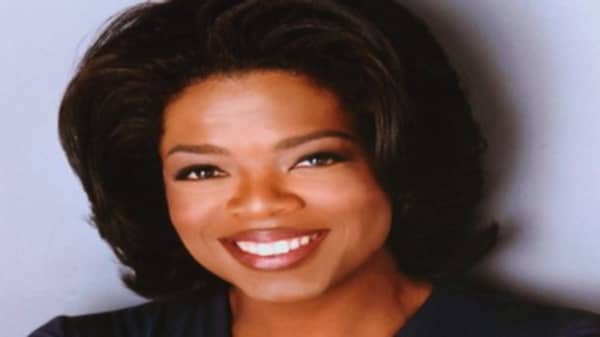Chairwoman and CEO, Oprah Winfrey Network
Born: Jan. 29, 1954, Kosciusko, Miss.
Education: Bachelor's degree in communications, Tennessee State University
One of a small group of celebrities known by one name, Oprah is a member of an even more elite group: self-made female billionaires. And she is sui generis as the first black American female billionaire and the richest black American. With a fortune estimated by Forbes at $2.9 billion, she has also passed Hewlett-Packard CEO Meg Whitman as the richest self-made woman in the U.S.
But Oprah's mark on the past quarter-century goes beyond her classic rags-to-riches story. It lies in redefining the TV talk show, breaking the format's dominance by white men and building a personality-based brand on a scale never seen before. Those accomplishments have changed not just the media industry but American popular culture.









































